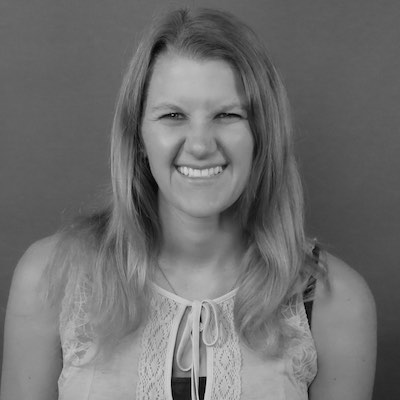Every year for the past 20 years, black Americans have had a higher unemployment rate than white, Asian, and Hispanic Americans, according the U.S. Bureau of Labor Statistics.
In September 2014, President Barack Obama issued the My Brother’s Keeper challenge to cities and counties throughout the U.S. to address this disparity.
Currently, more than 200 cities, counties and townships have accepted the challenge.
The goal of the MBK challenge is for communities to address the opportunity gap between young black males and other Americans. The initiative contains six milestones that create a roadmap to success for children, especially young men of color — although any child in need of these services can take advantage of them.
The goal is to help these kids successfully enter the workforce, said Noel Pinnock, the MBK coordinator for the City of Houston.
The first four milestones — getting a healthy start and entering school ready to learn; reading at grade level by third grade; graduating high school ready for college and career; and post-secondary education or training — tackle the issue of getting to milestone five: successfully entering the workforce. Milestone six focuses on keeping kids on track and giving them second chances.
But closing the opportunity gap isn’t easy, and it relies heavily on the stages early in a child’s life. Catching these kids who need help early, Pinnock said, makes it less arduous to repair the damage later in life.
MBK Houston is starting with the communities that have the worst disparities, including high unemployment rates, high illiteracy rates and high teenage pregnancy rates. “You could say, ‘Wow, that’s a really big apple you’ve chosen to bite,’ ” he said. “And I say, ‘We’ve got big teeth.’ ”
Specifically, MBK doesn’t provide the services but instead tackles these issues by partnering with service providers. For example, MBK Houston partners with more than 200 organizations, including various schools, the Harris County Children’s Protective Services and the Harris Center for Mental Health and IDD.
This is meant to create what Pinnock called a “synergy of resources,” and bring service providers together at the same table where they can discuss how they benefit children and partner with one another. The organizations orbit a child when they get off the roadmap to success and can help them get back on track.
The services provided depend on the child who needs the services. Tier One services are the most basic and apply to every child. Every child needs, for example, literature to prepare themselves to be ready to learn in school, said Pinnock.
Tier Two services are more intermediate invention and may include, for example, providing a mentor for kids who don’t have an adult role model at home. Tier Three services apply to the children who have the gravest problems, such as alcohol dependency, undiagnosed psychosis or paranoid schizophrenia. They are often more about healing a child.
All of these steps require a strong financial foundation, but when they are successful, they alleviate the rehabilitation costs in the juvenile penal system.
As helpful as it is receiving these education-based services as children, young people also can facilitate their own success by getting outside experience. “They’ve got the books down,” Pinnock said. “They have the theories, theorems and concepts down. But they lack in large part a lot of the behaviors that produce comradery and yield results that contribute to the bottom line of a company.”
Essentially, kids need to obtain the skills to excel not only in school but also in the workplace. Right now, Pinnock said, organizational leaders need to consider how well recent college graduates are doing in the workplace. How long are they staying? How much are they contributing?
Companies can help students get the skills necessary to excel in a work environment by offering internships, he said. Many students who need help are crying out for exposure in a geographical area different from the one they grew up in.
Pinnock said he can recall an opportunity he had as a child to shadow leaders in a different community other than his own. He was amazed at this community’s access to resources; it was so much greater than his own.
Exposure like this, he said, can really help redirect a child and provide motivation to do well and be successful.















